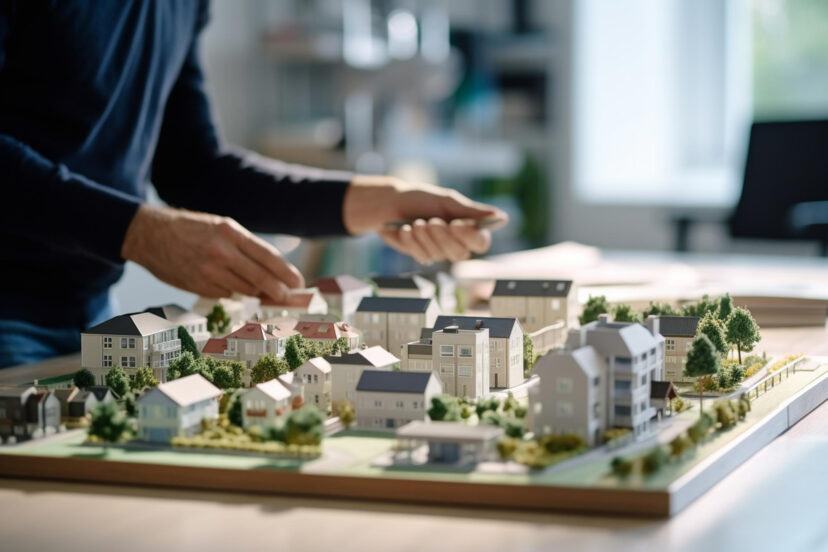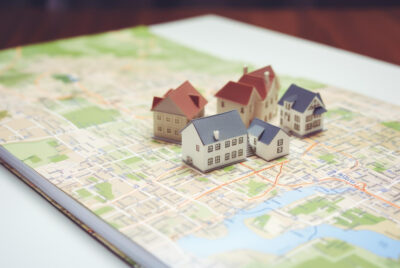What is Urbanization, and Why Is It Significant?
Urbanization represents the transformation of societies from rural to urban living. It’s a monumental shift influencing social, economic, and environmental landscapes globally.
Introduction to Urbanization
Defining Urbanization
Urbanization signifies the migration of populations from rural areas to cities, resulting in the growth and development of urban areas.
Historical Context
Throughout history, urbanization has been pivotal in the evolution of civilizations, fostering cultural, technological, and economic advancements.
Urbanization in Modern Times
In contemporary society, urbanization is accelerating due to various factors, leading to a majority of the population residing in urban areas.
Factors Driving Urbanization
Economic Opportunities
Cities offer diverse economic prospects, attracting people in pursuit of better employment, education, and entrepreneurial opportunities.
Social and Cultural Shifts
Urban settings provide a blend of cultures, ideas, and lifestyles, appealing to individuals seeking diversity and social connections.
Technological Advancements
Advancements in technology have contributed to urbanization by facilitating communication, transportation, and access to resources.
Impact of Urbanization
Infrastructure Development
Urbanization necessitates robust infrastructure, leading to the construction of transportation networks, housing, and utilities.
Environmental Impacts
Rapid urbanization can strain natural resources and contribute to pollution, necessitating sustainable solutions for environmental preservation.
Societal Changes
Urbanization alters societal structures, influencing social norms, family dynamics, and lifestyle choices.
Challenges Associated with Urbanization
Overcrowding and Infrastructure Strain
Urban areas often face challenges related to overcrowding, leading to strained infrastructure and services.
Environmental Degradation
Increased urbanization contributes to pollution, deforestation, and other environmental issues, impacting ecosystems.
Social Disparities
Urbanization may exacerbate social inequalities, creating disparities in access to resources and opportunities.
Solutions and Strategies
Sustainable Urban Planning
Implementing sustainable urban planning techniques can mitigate the negative effects of urbanization on the environment and society.
Innovative Infrastructure
Investing in innovative infrastructure, such as green spaces and renewable energy, can foster a more sustainable urban environment.
Community Engagement
Engaging communities in urban planning processes can ensure that development initiatives address local needs and concerns.
Conclusion
Urbanization is a complex phenomenon with far-reaching impacts on societies. Balancing its challenges with innovative solutions is crucial for creating sustainable and inclusive urban spaces.
FAQs about Urbanization:
1. Is urbanization only about population growth? Urbanization encompasses more than just population growth; it involves shifts in lifestyle, economics, and culture within urban areas.
2. How does urbanization impact the environment? Urbanization affects the environment by altering ecosystems, increasing pollution, and straining natural resources.
3. What role does technology play in urbanization? Technology aids urbanization by facilitating communication, transportation, and access to services in cities.
4. How can communities be involved in urbanization plans? Community engagement in urban planning ensures that local needs are considered, fostering more inclusive and sustainable development.
5. Can urbanization lead to social disparities? Yes, rapid urbanization can widen social disparities due to unequal access to resources and opportunities in urban areas.





Comments are closed.